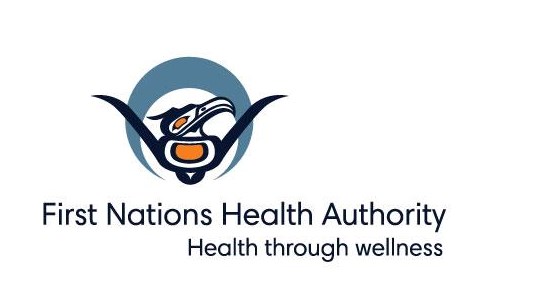Friday was National Indigenous People’s Day, a good time to reflect on Indigenous perspectives on health. There is much there that can be helpful in these challenging times.
A good place to start is the First Nations Perspective on Health and Wellness, a model developed by the First Nations Health Authority in sa���ʴ�ý For those not familiar with it, FNHA was established through a series of agreements between the First Nations Leadership Council and the federal and provincial governments, starting in 2005.
In 2013, after a long process of transition, sa���ʴ�ý’s First Nations assumed the programs, services and responsibilities in sa���ʴ�ý formerly handled by Health sa���ʴ�ý’s First Nations Inuit Health Branch. It became the first, and still the only, such provincial First Nations Health Authority in sa���ʴ�ý.
The roots of the agreements that led to the creation of FNHA lie in the recognition by all three parties of the large and unacceptable inequalities in health experienced by First Nations people in sa���ʴ�ý Those inequalities are, in part, due to inequalities in the provision of health services, but are more deeply rooted in unhealthy living conditions and inadequate economic and educational opportunities.
The real roots lie in the couple of hundred years of colonialism, oppression, racism and displacement from their traditional lands since European settlers arrived in what is now sa���ʴ�ý
The settlers also brought with them a range of infectious diseases to which Indigenous people had little or no resistance, resulting in a massive loss of life. That meant a loss of knowledge, wisdom, history, tradition and culture. The combination of loss of land, culture and self-governance experienced by sa���ʴ�ý’s First Nations, and by many other Indigenous people around the world, lies at the heart of the health inequalities that were observed.
But while there is a dark past, this column is not simply about how bad things were, and in many respects still are, but about the strength and resilience of Indigenous people and the resurgence of their communities, culture and self-governance.
That brings me to the Indigenous approach to health and well-being.
FNHA’s model has five circles, starting with the human being at the centre. Human well-being has four facets — mental, emotional, spiritual and physical — that make up the second circle. The third circle represents the values that support wellness: respect for First Nations culture and traditions and for other people; the ancestral wisdom found in language, traditions, culture and medicine; the responsibility “we all have to ourselves, our families, our communities and the land and relationships we have with others that sustains us. Surrounding these, the fourth circle “depicts the people that surround us and the places from which we come: Nations, family, community and land,” while the fifth circle includes “the social, cultural, economic and environmental determinants of our health and well-being.”
We find similar understandings of health in many other Indigenous societies.
At a recent international health conference, we heard from a distinguished Maori physician, educator and leader, Sir Mason Durie. He talked about the Maori approach to well-being, which includes endorsing Indigenous rights, enabling whãnau (extended families) to flourish, supporting community initiatives, protecting the air, lands, rivers, oceans and forests and restoring the balance of nature.
The protection and restoration of the land, and of responsibility for the land by Indigenous people, has perhaps gone furthest in New Zealand. At the same event, I heard Tãmati Kruger, a leader of the T˜uhoe, describe how the Te Urewera region — previously a national park — has been granted legal recognition as a person, protected by a board, which he chairs. “We do not own the land,” he said, “but we belong with it, we live with it, that is where we have come from.” And, he added: “If you detach yourself from nature, you are lost.”
These and other Indigenous approaches to health are holistic, an understanding of health that we have largely forsaken in the mistaken belief that health comes from health care and personal lifestyles and choices alone. If governments in sa���ʴ�ý and around the world would recognize and adopt this type of holistic approach, we would all be healthier.
Dr. Trevor Hancock is a retired professor and senior scholar at the University of Victoria’s School of Public Health and Social Policy.



